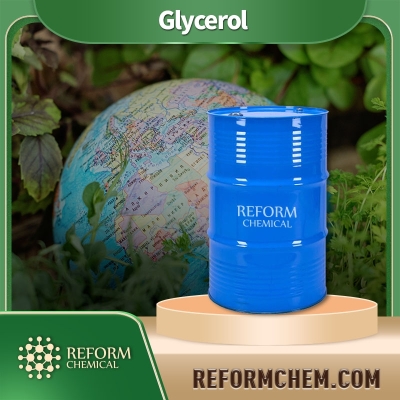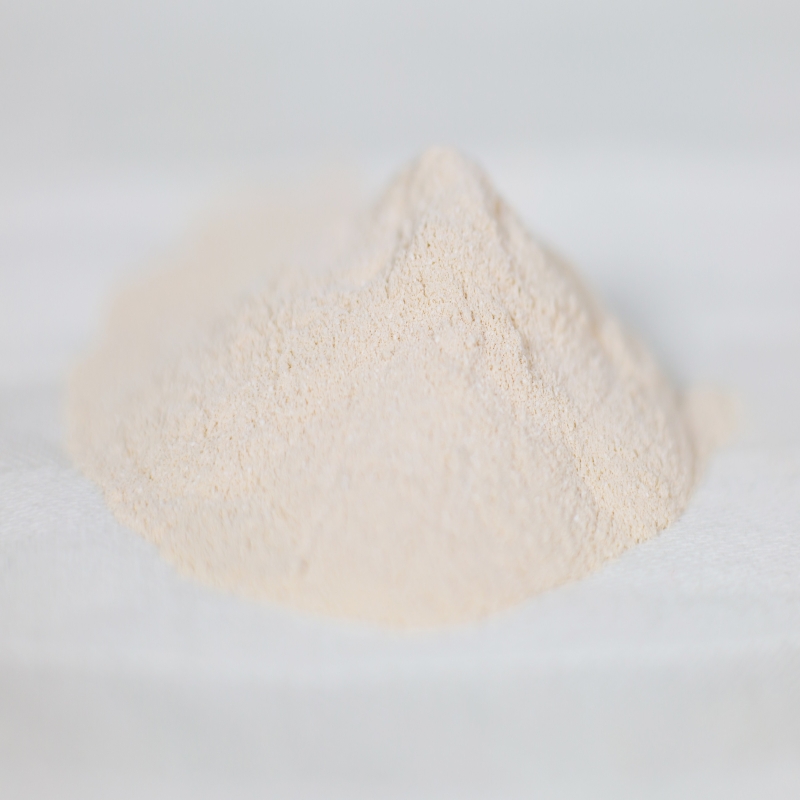-
Categories
-
Pharmaceutical Intermediates
-
Active Pharmaceutical Ingredients
-
Food Additives
- Industrial Coatings
- Agrochemicals
- Dyes and Pigments
- Surfactant
- Flavors and Fragrances
- Chemical Reagents
- Catalyst and Auxiliary
- Natural Products
- Inorganic Chemistry
-
Organic Chemistry
-
Biochemical Engineering
- Analytical Chemistry
-
Cosmetic Ingredient
- Water Treatment Chemical
-
Pharmaceutical Intermediates
Promotion
ECHEMI Mall
Wholesale
Weekly Price
Exhibition
News
-
Trade Service
Pancreatic cancer is one of the most malignant tumors and is known as the "king of cancer".
radiation therapy play an important role in the treatment of pancreatic cancer, but radiation resistance to pancreatic cancer often leads to radiotherapy failure and tumor recurrence, and the mechanism by which pancreatic cancer develops radiation resistance is unclear.
team from Fudan University School of Medicine, Renji Hospital affiliated with Shanghai Jiaoba University and Longhua Hospital affiliated with Shanghai University of Traditional Chinese Medicine published the research team entitled "Lactate-modulatedimmunosuppression of myel" online at Cansr Immunology Research The study, based on the relationship between tumor cell metabolism and tumor immune micro-environment, reveals the molecules and immune mechanisms by which pancreatic cancer produces radiotherapy resistance.
Tumor cells have specific metabolic mechanisms and are in an immune micro-environment made up of a variety of immune cells, the project researchers found that radiotherapy can promote the pancreatic cancer cells glycolytic metabolism, promote the metabolic molecular lactic acid secretion, lactic acid activation of myelin-like source inhibitory immune cell MDSCs function, promote inhibitory immunological micro-environment, which can lead to pancreatic cancer progression and recurrence.
study found that HIF-1 alpha not only plays a role in tumor cell metabolism, but also plays a key role in the functional regulation of myelin cells.
lactic acid molecules promote functional activity of MDSCs in the micro-environment through the GPR81/mTOR/HIF-1 alpha/STAT3 path. The complex interaction mechanism between tumor cells and immuno-micro-environment in the course of
radiotherapy is not clear, and this study explores the metabolic and immune mechanism of pancreatic cancer radiotherapy resistance for the first time from the perspective of the effect of metabolites on inhibitory immuno-micro-environment, and reveals the regulatory mechanism of lactic acid molecules in inhibitory immuno-micro-environment after radiotherapy. Through this study,
research model map suggests that re-education of tumor cells and pancreatic cancer immunological micro-environment targeting tumor metabolic pathlines and inhibitive immune cells can be used as a potential joint or complementary treatment strategy to make radiotherapy produce a more lasting anti-tumor T-cell response, inhibit radiotherapy resistance to pancreatic cancer, relieve the recurrence of pancreatic cancer radiotherapy, and provide a new way of thinking for solving the problem of pancreatic cancer treatment worldwide.
Yang Xuguang is the first author of this paper, and Professor Wang Liwei, Professor Hua Rong and Professor Lin Yuli are the first authors of this paper.
research has been funded by major projects of the Ministry of Science and Technology, the National Natural Science Foundation of China and the Shanghai Sailing Plan.
.






